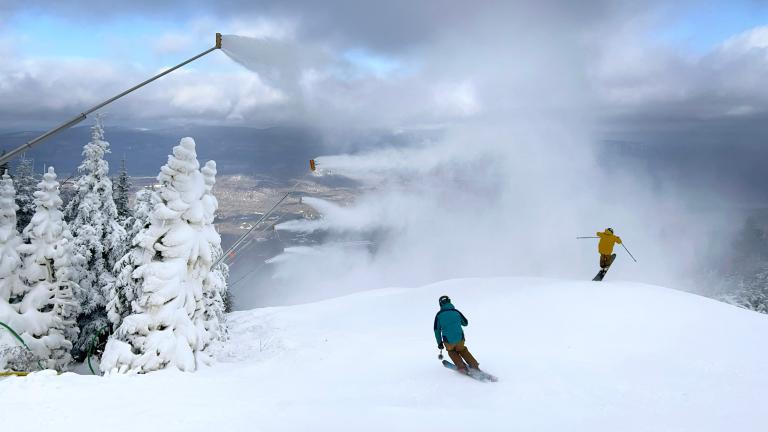It’s hot. I am coming to understand that spending the summer outside and below the Mason-Dixon line is slightly less pleasant than spending the summer outside and in the Green Mountains, where I read Walden (not for the first time) last summer (it’s a different experience when you read it in the woods).
But the combination of those two experiences has got me thinking. Thoreau talks about the “animal heat” that we all need to maintain if we’re going to stay alive. He notes that in warmer weather, we consume less food than in colder weather. Makes sense — we need less fuel to keep our bodies at 98.6 degrees Fahrenheit if the ambient temperature is close to it anyway.
So global warming is good, right?Now that was just a trick to get you to click “read more,” but apparently I’m not the first to suggest that.
Regardless, the idea is that as temperature goes up, our basic needs, in general, become slightly easier to attain. Living in a colder climate, then, should mean more energy required to heat bodies and homes.
We’ve come pretty far from basic needs, though, with a counterintuitive result: warmer temperatures actually mean increased consumption — in the form of electricity to run air conditioners. The U.S. South has the highest electricity consumption rates per capita than anywhere else in the country, 50-60 billion BTU’s per household in 2001, due in large part to the fact that wholly 95 percent of South Atlantic households had AC in 2001. Compare that to oh-so-temperate California, or even chilly Maine, both of which averaged 20 billion BTU’s per household.
The Chicago Tribune‘s editorial board also noted this irony today, though I saw no mention of Thoreau.


